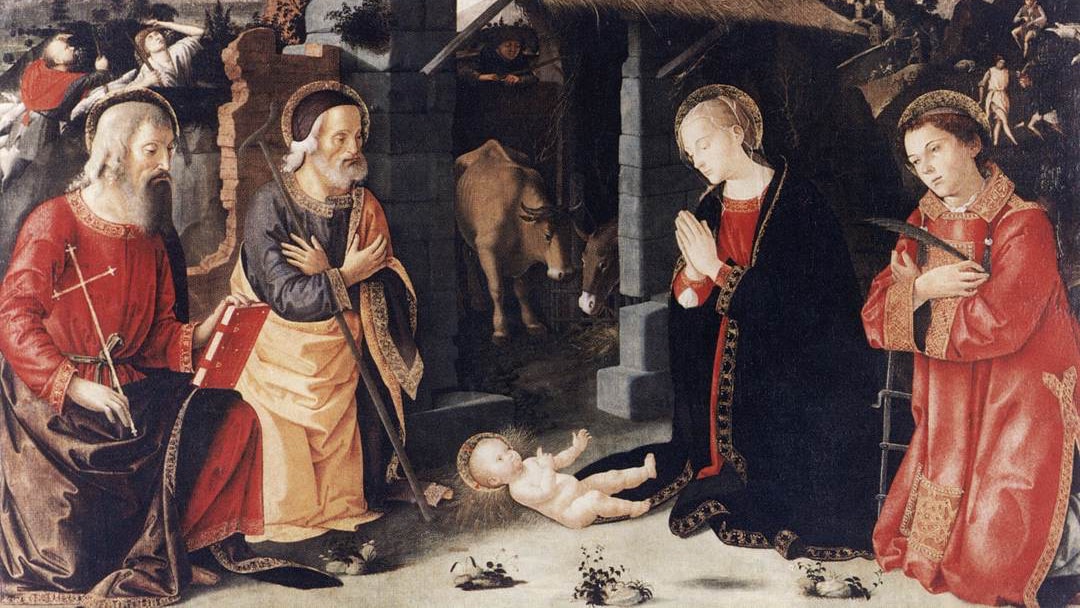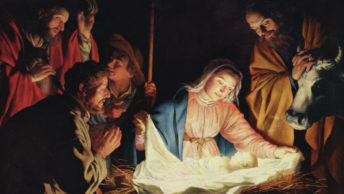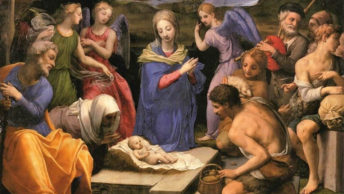
I am old enough to remember when the Christmas Season was officially announced with the arrival of Santa Claus at the annual Thanksgiving Day parade. Slowly over time, the decorations and sales crept into October. Now the official start of the Christmas Season is Labor Day.
How did we let this happen?
I suppose it is marketing and greed. Retail sales are sluggish through most of the year. Stores look forward to the Holiday Season to attract a steady flow of customers with credit card plastic and cash in their wallets. For stores like Toys R Us, their year is really the Christmas Season. The same can be said for catalogue stores like Hickory Farms where they do 75% of their annual business in six weeks. I can understand the season creeping forward a few weeks as each store attempts to get the jump on their competitor, but Labor Day frustrates me.
A furniture store has a sale so you can have a Christmas mattress and an in-house TV store will throw in a TV or two. Black Friday was a significant event in that most retailers annual revenue turned positive or in the “black” with this heavy shopping day. Now, not to let the guy down the street get a dollar’s worth of revenue more than my store, we are shifting the start of the shopping day to Black Thursday or Thanksgiving. Why not move Thanksgiving back to the third Thursday in November so we can have a Black Wednesday?
To attract buyers early, many stores have started layaway plans. Layaways all but disappeared years ago as the credit card became the layaway vehicle. With many buyers now starting to budget their money and plan their holiday purchases, stores have countered with a no-fee layaway that locks in the purchase weeks before Christmas. To keep the momentum going, banks and credit unions and many stores with in-house credit cards have instituted the “skip the December payment” plan to keep more cash in the consumer’s wallets.
But the bottom line is that we have made December 25th a three month holiday. By the time Christmas arrives many families are exhausted, out of money, and ready to take the Christmas tree and decorations down after breakfast. For the few of us left, that actually celebrate Christmas as the birth of Christ, Christmas is a holy day. Even that, of course, can be ruined by the “twice a year Christians,” who somehow find their way to the local church on Christmas and Easter.
Somehow we are beating Christmas to death.
It has become not just a commercial holiday but now a commercial season. For the amount of revenue generated by the Christmas season, I often wonder if the local church sees two percent in the Christmas collection of that staggering figure?
Just to put things in perspective, in 2010 Holiday sales reached $447.1 billion dollars! Black Friday in 2010 enticed 138 million consumers spending almost $10.7 billion dollars. In 2009, consumers spent on average $740 on Christmas presents. At this rate, stores should all be open on Christmas so you can pick up that last minute gift before or after church – if you still attend.








